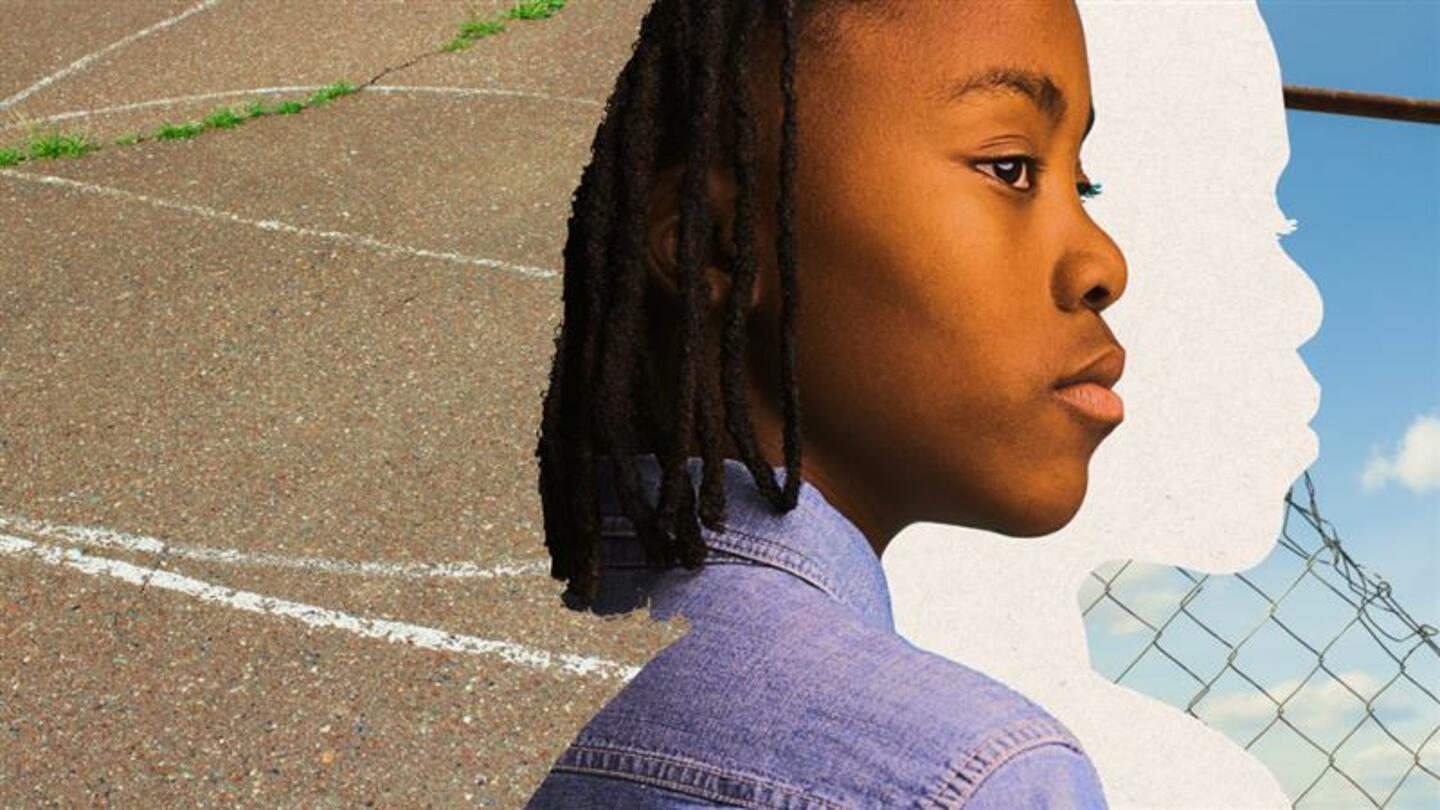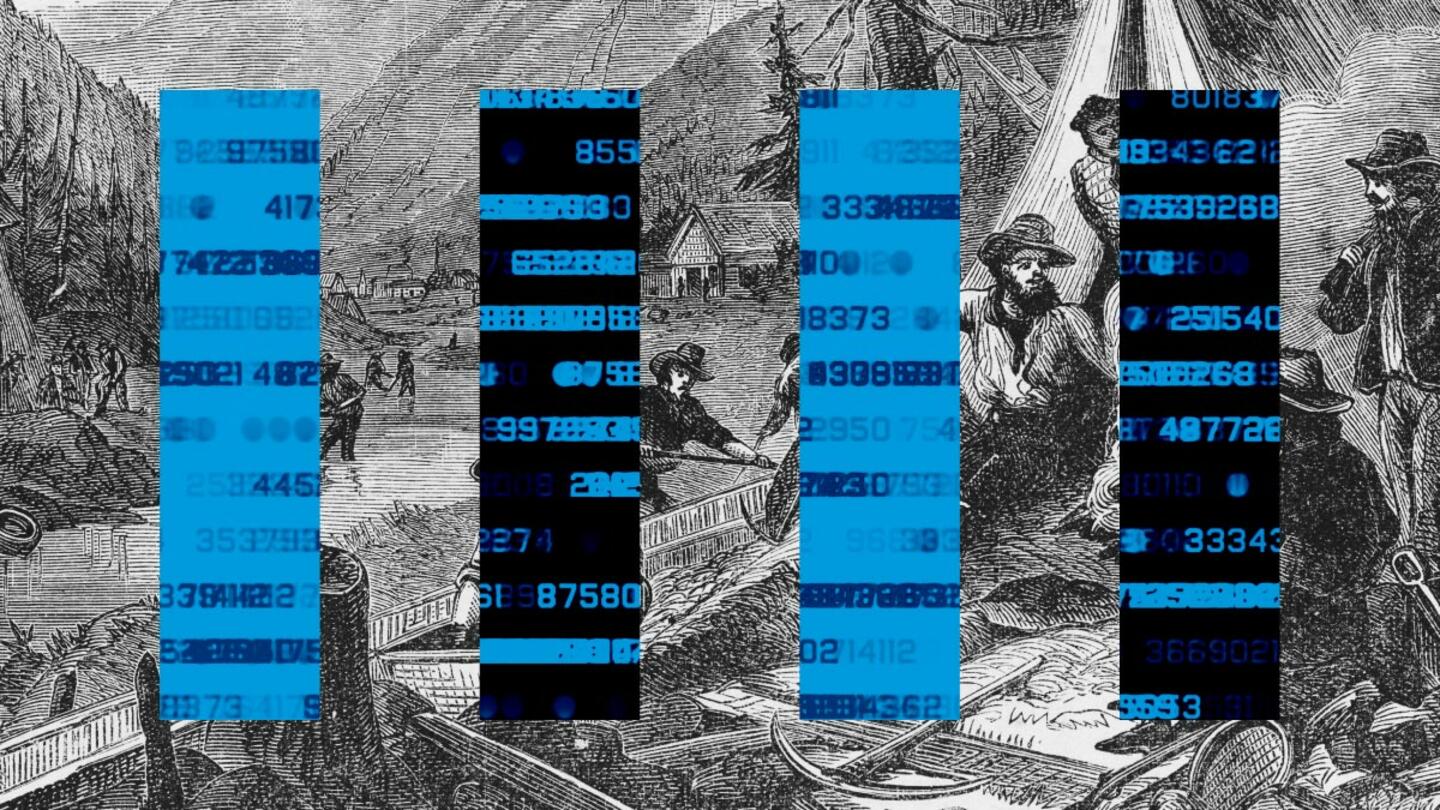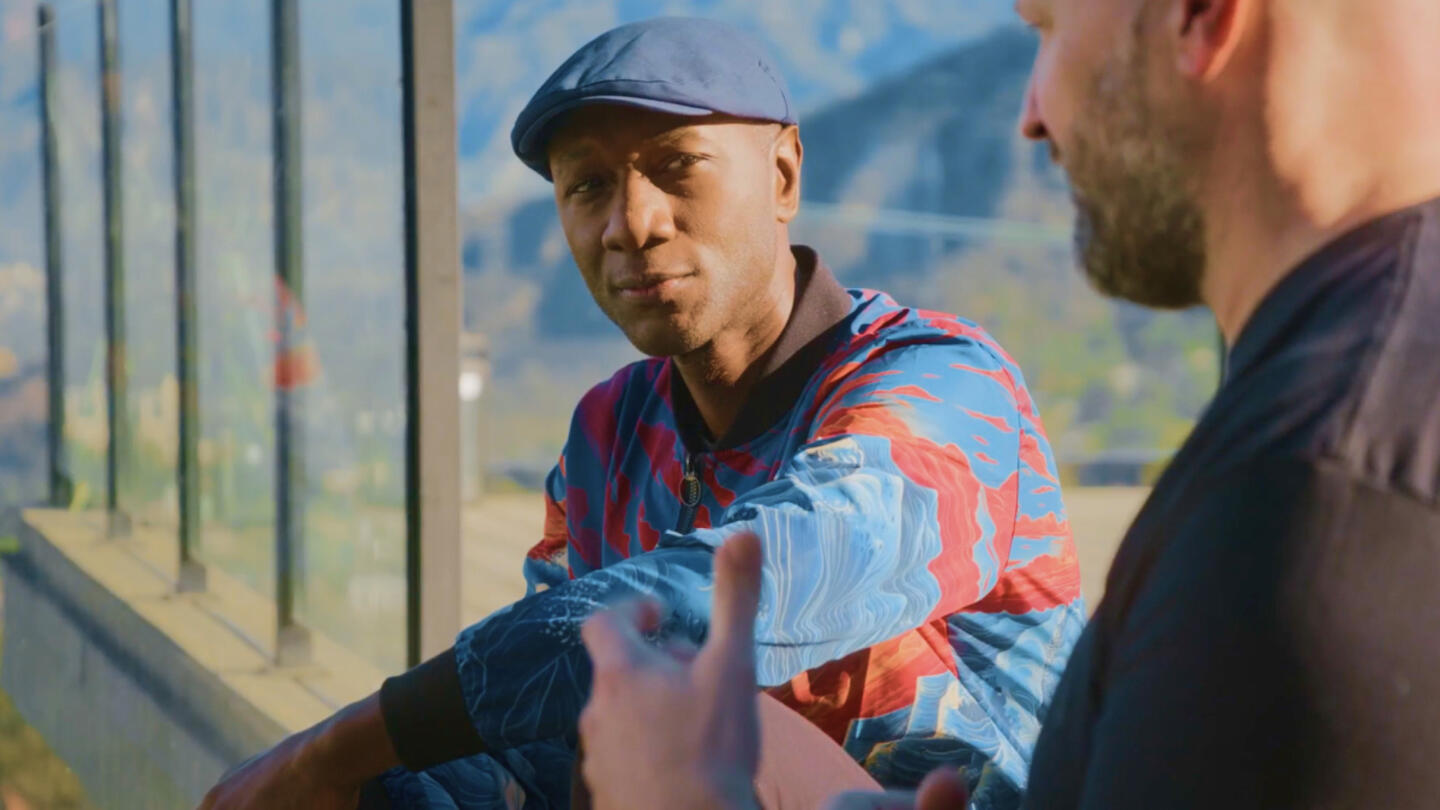Multi-platinum artist Aloe Blacc knows the pain of tragic loss. In 2018, he lost his friend and collaborator Tim Bergling, known to the world as Avicii. Together, they created the global hit “Wake Me Up,” a song that resonated with millions.
Avicii died by suicide after years of struggling with addiction. But Avicii isn’t the only friend Blacc has lost to tragedy related to addiction. Each loss has been distinctly painful.
“I start to feel guilty,” Blacc said. “What did I do wrong? They say you can’t save everybody. Maybe it’s true, but damn it, we’ve got to try.”
To him, addiction isn’t just a battle of the mind. It’s deeply rooted in a person’s worth and self-esteem. It disconnects them from community, purpose, and meaningful experiences.
Blacc has long used his music and influence to shed light on the struggles people face around the world. With his latest project, he isn’t just amplifying stories — he’s stepping into them.
Driven by a real desire to connect with changemakers, Blacc went looking for people who weren’t just talking about solutions but living them, turning struggle into strength and building connections where isolation and stigma have traditionally prevented the most vulnerable from getting the help they need.
His search led him to The Phoenix, a national sober-active community redefining recovery by helping people realize that who they are is much bigger than the addiction that has shaped their lives. It’s a transformative space where anyone with 48 hours of sobriety can gather to work out, explore creative interests, and do hard things. Working together, they build confidence and begin to see themselves as more than their addictions.
This shared journey creates a healing, supportive environment that makes recovery not only possible but lasting. The Phoenix’s success rate is as high or higher than many clinical treatment programs — 8 out of 10 members report staying sober after three months.
Blacc was intrigued, so he decided to spend a day with the people at a Phoenix chapter and find out what makes this solution so powerful.
Addiction is more than just a psychological phenomenon
For decades, addiction has been treated primarily as a psychological issue, with recovery centered around clinical interventions and support groups. Therapy, medication, and 12-step programs have been the dominant pathways, emphasizing abstinence and symptom management while reinforcing an identity tied to addiction.
While these methods have helped many, Aloe Blacc believes this perspective is incomplete.
“The idea that addiction is just a psychological phenomenon is wrong,” he said. “It really does transform the way that you engage life.”
Curious about The Phoenix’s unique approach, Blacc talked with members, listened to their stories, worked out with them, and experienced firsthand the power of sweat and community in recovery.
“The Phoenix is offering folks an opportunity to exercise their way out of addiction,” he said. “It really is a much better system.”
Blacc was particularly struck by the positive atmosphere he experienced. At The Phoenix, he saw a group of people smiling, laughing, and cheering each other while they sweated and challenged each other. Participants focused on being their best selves in the present, constantly looking outward and supporting those around them.
“From what I understand, the history of addiction recovery, it’s always been people sequestered in a building, but you’ve hit upon this physiological and community aspect,” Blacc said to Scott Strode, founder of The Phoenix.
Blacc sat down with Strode to learn more about what makes this method so effective. Given how different it is from traditional treatment programs, his first question was simple: How did Strode come up with this idea, and what made him believe it would work?
“It was really through my own experience,” said Strode. “I had people that encouraged me to live a bigger life than the life I was living in my addiction — getting into a boxing gym and then later climbing and triathlon, all these sports. I started to rebuild that self-esteem that was really the root of my addiction. And that’s what The Phoenix does for others.”
What started as an unconventional idea in a small community has now expanded nationwide, with programs in every state. Through movement, sweat, and camaraderie, people build the resilience needed to sustain their sobriety.
While it began with a focus on fitness, the nonprofit has expanded to offer a variety of activities — weightlifting, CrossFit, mountain biking, poetry, art classes, knitting, and more — ensuring there’s something for everyone. Livestream events like sober hangouts, yoga, and music classes are also gaining momentum.
“We have better success rates than a lot of clinical programs,” said Strode. “Even when we’re shocked by the reality of life, we don’t have to pick up and use again because we know we have this strength. We carried it with us through our day.”
Sign up for the Stand Together newsletter and get stories, ideas, and advice from changemakers to help you tackle America’s biggest problems.
The hike that changed this woman’s life
One of the people Blacc met on his visit was RaeLynn, a woman who struggled for years to get sober before finding The Phoenix.
Four years ago, RaeLynn was once again trying to quit drinking. Less than two weeks into sobriety, a friend of a friend invited her on a hike organized by The Phoenix.
She didn’t want to go.
“I didn’t want to do anything at two weeks sober, let alone hike,” she later told Blacc. But she went — and it changed everything.
“I’d been trying to get sober for two years,” she said. “It’s been an in-and-out thing. I’ll get some time, and then it goes out again. I’ll think I can do it, and I can’t. When I lost my job, that’s really when the drinking picked up. I couldn’t see the damage I was doing and the people I was hurting.”
Before The Phoenix, RaeLynn’s parents had given up on attending events she invited them to, knowing she’d likely be too intoxicated to engage. That has changed.
“Since I’ve gotten sober, it’s like a whole new life,” said Raelynn. “Just yesterday, my parents knew I was coming here today, and my dad texted me. He’s like, ‘We’re proud of you’” — a simple message a world apart from the days when they kept their distance.
“Meeting RaeLynn was very inspiring,” Blacc said. “Exercising with the folks from The Phoenix, I certainly felt like I had a whole high just from being around them because it’s not just sobriety. It’s also physical health, it’s also mental health. It is community, and it is life-affirming.”
Who you are is not who you were
“When I found out about the Phoenix, I was inspired by the concept of community, of people working together to go further in life,” said Blacc. “It reminded me of this African proverb, ‘If you want to go fast, go alone. If you want to go far, go together.’”
“The idea of being sober isn’t about how quickly you can get sober,” he continued. “It’s about how long you can remain in this new, transformative state.”
Inspired by that philosophy and the proverb, Blacc wrote a song for The Phoenix called “Don’t Go Alone.”
“I believe it’s the perfect anthem for what The Phoenix is doing,” he said.
Blacc wanted to do something special on this visit, so the first time anyone heard “Don’t Go Alone” live, he performed it for Raelynn, a personal tribute to how far she’s come in her recovery.
“These celebrations in life, these moments where you can mark the huge chasm between where you were before and where you are now — that’s inspiring,” he said about the experience. “Hopefully, it fuels her (Raelynn) to do more.”
A soundtrack for healing and social change
Music is more than just a career for Blacc. It’s a means of healing and connection. That’s why he has dedicated himself to projects that address social issues, and addiction recovery is a cause that hits close to home.
“Don’t Go Alone” is one of 12 tracks on Blacc’s new album, “Stand Together.” Each song tackles a social issue that Blacc is passionate about, drawing influence from many organizations in the Stand Together community that are actively addressing challenges such as addiction, the juvenile justice system, poverty, and recidivism.
“Joy — that’s what I want to bring to this moment where people are feeling lonely, to join the countless others who are rallying pride for more community, more engagement, more togetherness,” he said. “That is what I think music is.”
Aloe Blacc partners with Stand Together Music, which unites musicians and their teams with proven changemakers to co-create solutions, starting with criminal justice, addiction recovery, education, free speech and peace, and ending the war on drugs.
Learn more about Stand Together’s top issue areas and explore ways you can partner with us.

‘We want these boys to know that regardless of where they come from, they still can be excellent.’

Why AI may help more people achieve the American Dream.

Data centers are at the forefront of the ‘new economy.’ But what exactly are they?

A landmark Supreme Court decision is bringing a return to federalism.
